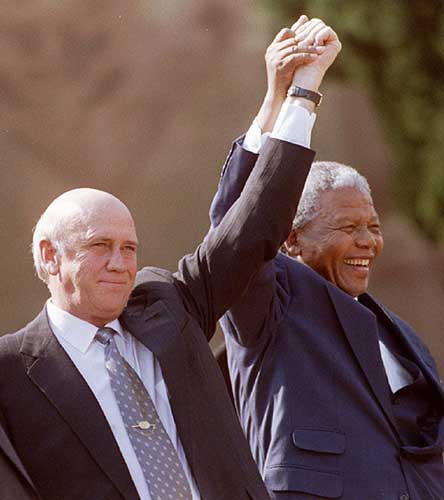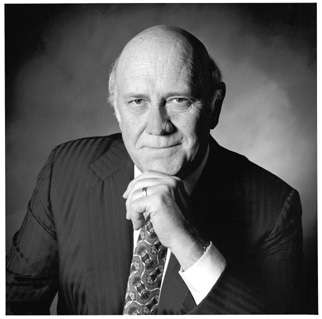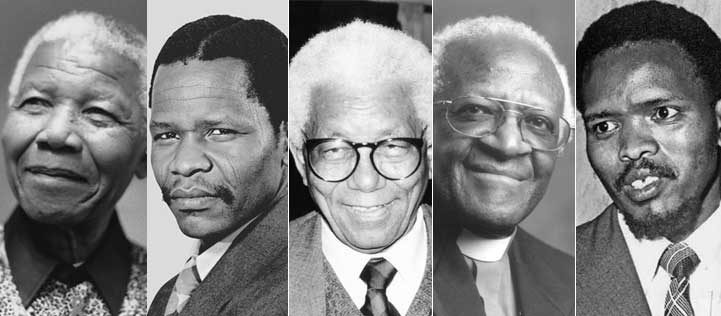End of Apartheid In South Africa

The struggle against apartheid, South Africa's systematic regime of racial segregation and discrimination, was a long and arduous journey marked by the resilience of its people and the leadership of several key figures.
How The End of Apartheid in South Africa Happened
The dismantling of apartheid began in earnest in the early 1990s, primarily under the stewardship of two influential leaders: the then South African President F.W. de Klerk and the indefatigable freedom fighter Nelson Mandela. De Klerk, recognizing the unsustainability of apartheid, initiated the repeal of racially discriminatory laws. Simultaneously, released from a 27-year prison term in 1990, Mandela emerged as a symbol of resistance and reconciliation.
Resistance to the end of apartheid was fierce. Hardliners within De Klerk's National Party and extremist groups such as the Conservative Party and the Afrikaner Weerstandsbeweging vehemently opposed the transition, fearing loss of power and perceived erosion of Afrikaner culture. Violence, unfortunately, was a by-product of these transitions, culminating in events like the Boipatong massacre in 1992.
South Africa has made substantial strides since the end of apartheid. Political and social equality has improved, and South Africans enjoy a significantly higher degree of civil liberties. However, challenges persist, including economic inequality and lingering racial tension.

Photo Credit: Getty Images
Movies About The Apartheid Era in South Africa

The Independence of South Africa
South Africa's independence from Britain was formalized in 1934, although the country remained a dominion until it was fully sovereign in 1961. However, apartheid, which began in 1948, stifled true independence until its dissolution in 1994.
How Did South Africa Overcome Apartheid?
Overcoming apartheid required widespread domestic resistance and international pressure, including economic sanctions. Mandela's African National Congress (ANC) and other groups played pivotal roles in peaceful protests and armed resistance.
South Africa Since Apartheid
Since apartheid, South Africa has become a beacon of democratic hope in Africa, although it continues to grapple with economic disparities and other societal challenges. Despite this, the spirit of Ubuntu, a philosophy emphasizing common humanity, remains strong.
Apartheid Leaders in South Africa
Leaders like P.W. Botha and Hendrik Verwoerd enforced apartheid through legislation, forever linking their legacies with a dark period in South Africa's history.

Photo Credit: sahistory.org.za
South Africa Since the Apartheid
Life after apartheid has seen the rise of the black middle class, improvements in infrastructure, and the enactment of a progressive constitution. However, largely along racial lines, economic inequality persists as a ghost of the apartheid era.
In conclusion, South Africa's journey from an apartheid state to a vibrant democracy is a testament to the power of resilience, leadership, and an unwavering desire for justice. As the Rainbow Nation strives toward equality and prosperity, its triumphs and trials serve as critical lessons for the world.






